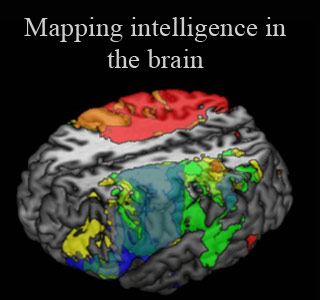
Neuroscientist Ralph Adolphs, from the California Institute of Technology and his colleagues assembled the brain maps of around 241 neurological patients, which were enlisted in the extensive brain lesion registry of the University of Iowa. These patients were said to have cognitive impairments due to stroke, tumor resection, and traumatic brain injury.
The Wechsler Adult Intelligence Scale test includes four indices of intelligence. The first index is the verbal comprehension index, which represents the ability to understand and produce speech and use language. The second is the perceptual organization index, which involves visual and spatial processing. Third is the working memory index, which represents the ability to hold information temporarily in mind; while the last is the processing speed index.
Adolphs says, “The first question we asked was if there are any parts of the brain that are critically important for these indices or if they are very distributed, with intelligence processed globally in a way that can’t be mapped.”
The tests revealed that except for processing speed, the remaining cognitive indices depend on specific brain regions. It is also stated that the brain maps produced by the study could be used to diagnose likely areas of brain damage by combining the maps with the patients’ Weschler test results.
Through this test, the neuroscientists have provided additional information as to how certain elements that determine intelligence quotient scores may rely on particular regions of the brain.
These findings appear in the issue of Neuron.
